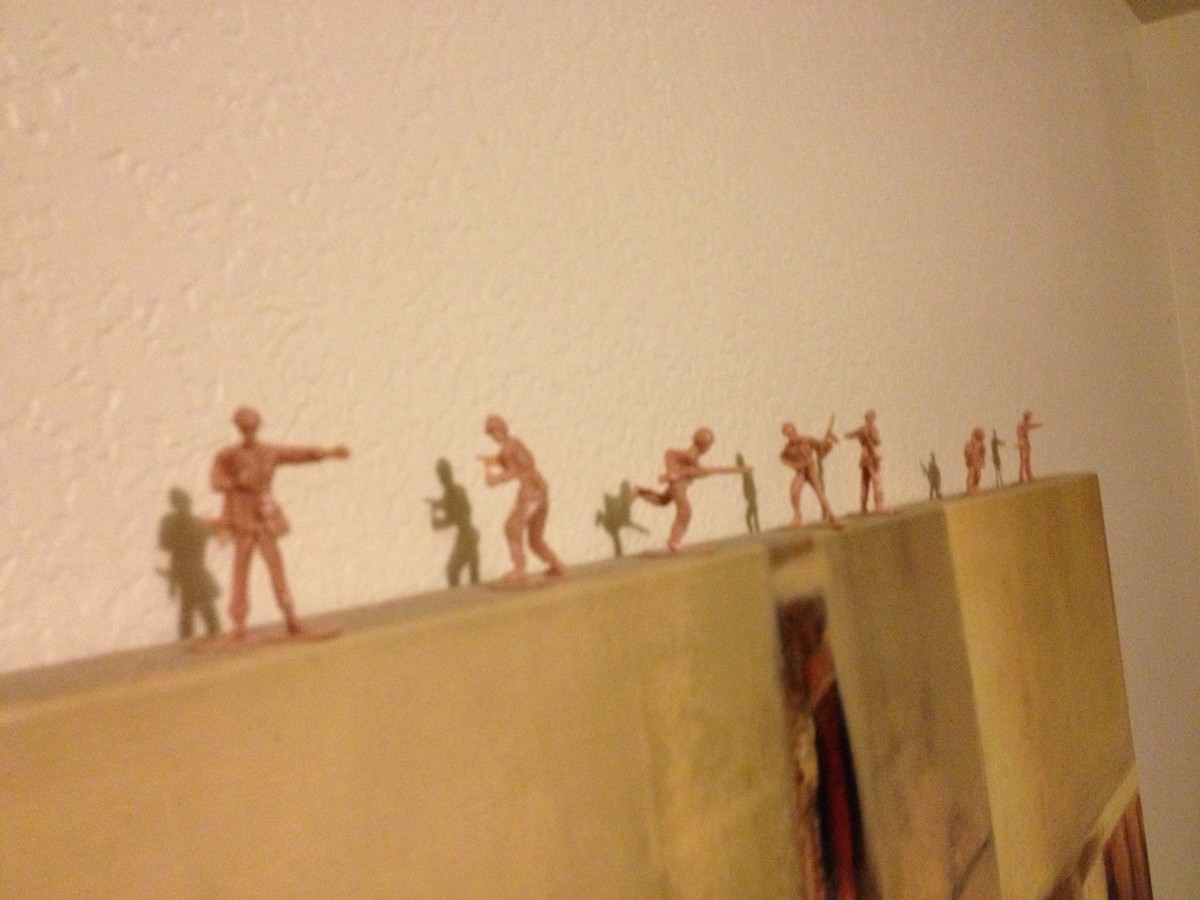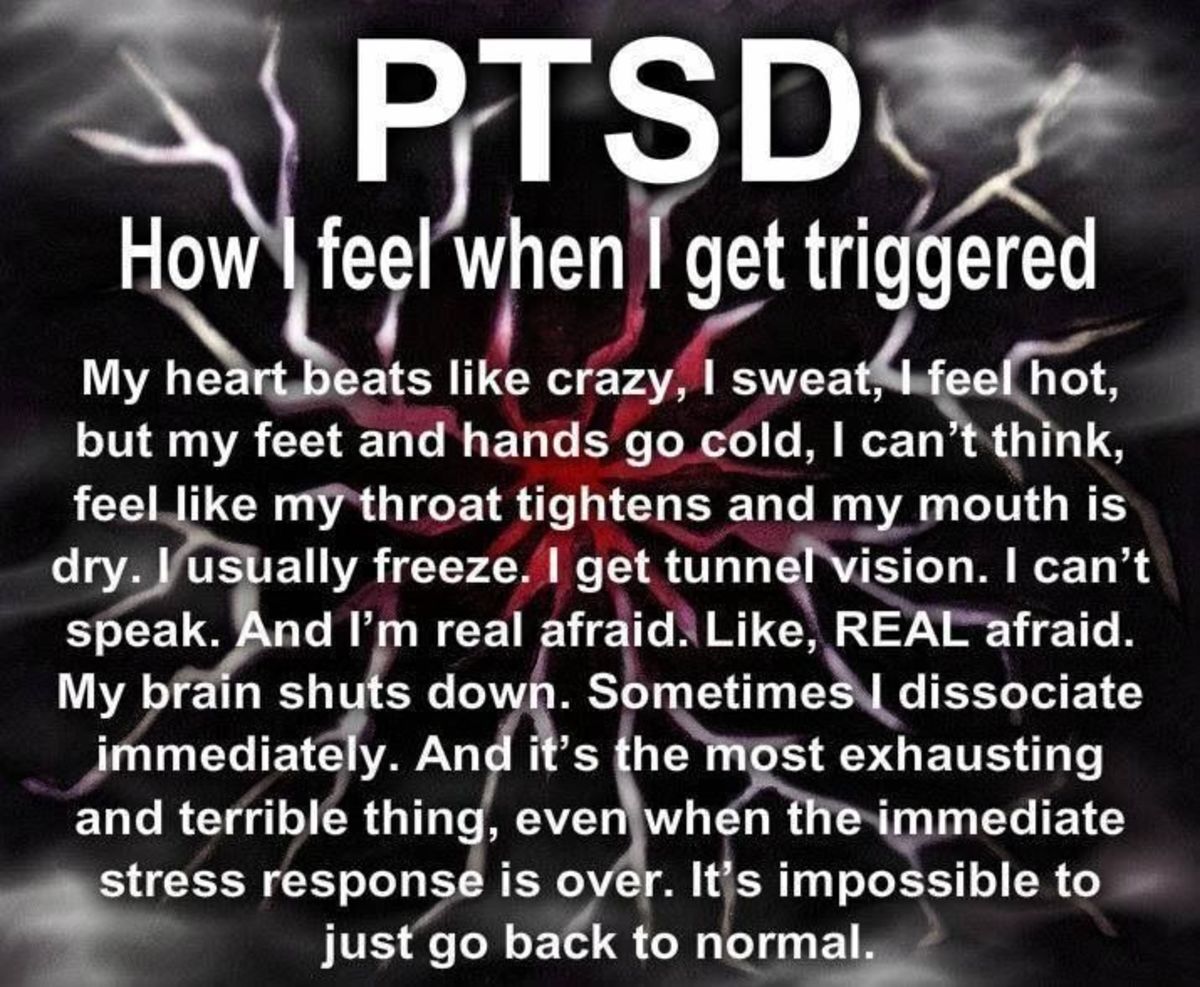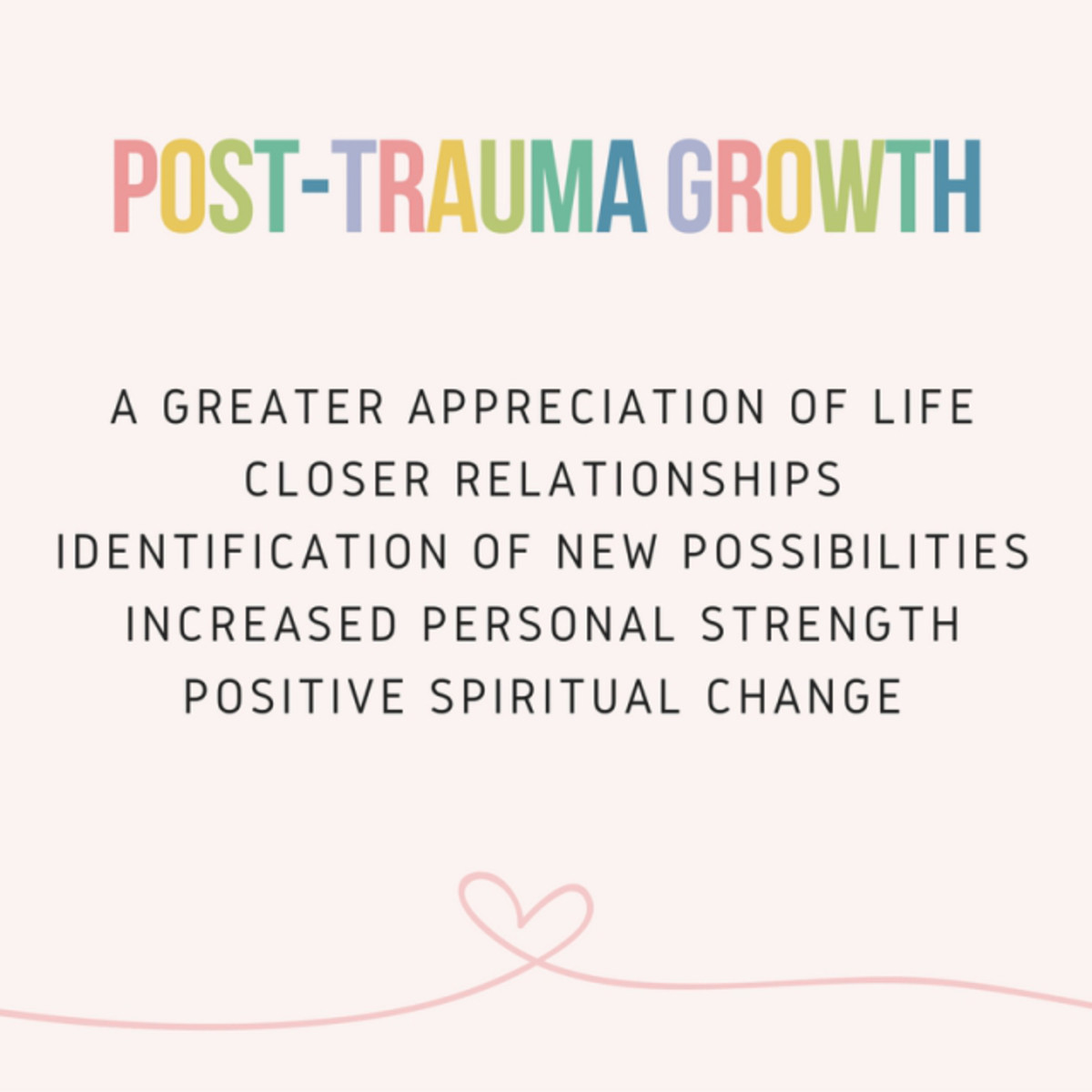- HubPages»
- Health»
- Mental Health»
- Anxiety Disorders
Here's How First Responders in Utah Coped With PTSD
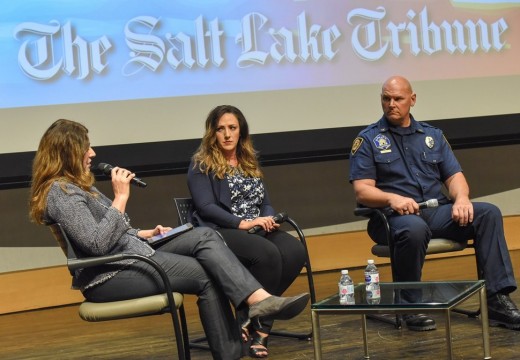
Jennifer Napier-Pearce wanted to know the “weird” part of eye movement desensitization and reprocessing. Lisa Pascadlo served it up.
“Your eyes are moving back in forth in a very rhythmic manner,” Pascadlo said. “In the middle of one of them, my brain said ‘golf ball.’”
But, the emotional side of her brain getting “hijacked” through EMDR helped Pascadlo sleep for the first time three weeks, she said at the “Trib Talk Live" event “Utah’s first responders and PTSD.” Napier-Pearce is the editor of The Salt Lake Tribune and Pascado is a peer-support coordinator today at the Salt Lake City police department.
Therapy also helped Mike Stevens. After having fought suicidality, the Salt Lake City fire captain held a gun in his hand and seriously considered pulling the trigger, he told Napier-Pearce and an audience at the Salt Lake City Public Library system’s main branch.
“Then, this thought completely out of left field,” Stevens remarked. “The thought was ‘you can’t leave; there (are) people on this planet you haven’t pissed off yet.’”
Stevens had “nightmares” and developed post-traumatic stress syndrome after the 2011 incident.
“I found out after therapy,” Stevens said, “the experiences I had ended up having a cumulative effect.”
Perhaps today’s age made Stevens go to the place where he gained this knowledge. Because as he then said, “Back in the day, you just wouldn’t get help … times have changed, which is great.”

In her position, Pascadlo “now focuses on the mental health of her colleagues,” Napier-Pearce said.
When you say trigger, I think of something else,” Pascadlo said. “I saw lots of mangled bodies.”
“That adds up over time.”
Pascadlo has “a gift or a curse,” she said.
“I always seem to be where the crap is occurring,” she remarked, noting that she got a call “where a couple decided that dousing themselves in gas and lighting themselves on fire was a good way to die.”
“I got there when they were still alive,” Pascadlo said.
“It got to the point where it seemed that overnight, (Pascadlo’s) life was just coming apart at the seams,” she said.
So she got into therapy, and it was “incredibly painful.”
“But at the end of it, it’s liberating,” Pascadlo explained.
In 2009, Pascadlo knew she needed help. So why did she not go to her department about it? Napier-Pearce asked.
“There was this idea that we need to be incredibly strong and even robotic, and from a female perspective … we feel like we are competing against the males,” Pascadlo replied, adding that officers “were not receiving good feedback” about their employee assistance program.
Does a therapist also need to be prepared for what they are going to hear? Napier-Pearce asked.
“Yes,” Pascadlo replied. “There have been some (assignments) that Mike and I have been on that we probably haven’t even talked about.”
For starters, there is “stigma,” Pascadlo said.
“We always talk about the fear of PTSD,” Pascadlo noted. “It’s potentially a long-term disability … the risk of coming forward was just too much in my mind.”
Shante Johnson, the spokeswoman for the Utah State Lodge Fraternal Order of Police, said that her late husband, Sgt. Derek Johnson, who was killed in the line of duty, experienced a lot of trauma on the job.
“How does the PTSD of a loved one affect a family?” Napier-Pearce asked.
“The office … comes home with (officers),” Johnson said. “The children … feel Dad becoming reclusive and wanting to shut everything out … whether that be hours and hours in the yard or hours and hours in front of the television.”
Napier-Pearce said that it hadn’t been on the “forefront” of her mind to talk about PTSD for first responders.
“Why is that?” she asked Utah Rep. Lee Perry, who is also a lieutenant with the Utah Highway Patrol.
“We didn’t talk about (it) in the military for years (and) law enforcement is almost another branch of the military,” the Republican said, then noting that law enforcement officers will “get through the process” of dealing with trauma by committing “serious crimes.”
An officer will not think that anyone cares that, feeling trauma, he cried 15 minutes after an incident, and in pain, he may do terrible things, Perry later said when Napier-Pearce asked if officer-involved shootings figure into the issue being discussed at the event (a question to which Perry said “absolutely”).
“We’re human beings; we’re not robots,” Perry said of his fellow police.
An officer will be put on administrative leave and sent home, but “what’s going to happen to this poor guy sitting there?” Perry asked. “I don’t know many police officers (who) don’t have multiple weapons, and that’s what scares me.”
Perry sponsored a bill to give confidentiality to first responders who talk to peer-support groups. He admitted at the Trib Talk that he “forgot about dispatchers.”
“And dispatchers are key,” he added. “I can’t tell you how grateful I am for those dispatchers … having a dispatcher is big.”
Perry said he had been in law enforcement for 30 years.
“There is obviously a very rewarding side to responding as a first responder,” Napier-Pearce said. “Did you talk about the negative piece of that job (in years past)?”
“You see their brother and sister that just died” that the sibling was “going to go on Easter vacation with,” Perry said.
Officers’ approach with their colleague responding to such a call in years past?
“Suck it up, buttercup,” Perry said.
“That’s wrong,” he then said. “It doesn’t work … they end up out of their career; they end up not being able to serve the public.”
Stevens was shaking his head at that; Napier-Pearce then asked him there was a cultural barrier for him to speak to such trauma as well.
“We were trained as paramilitary; we followed orders,” Stevens explained. “We (were told) we either did a good job or we didn’t, and we were yelled and screamed at and we did it all over again.”
That process was “nerve-wracking, to say the least,” Stevens added.
Did Perry want to elaborate on the concept of confidentiality for first responders who talk to peer-support groups? Napier-Pearce asked.
First responders may enjoy confidentiality with a psychiatrist, but they “can’t” go to them, Perry said.
“It just isn’t going to happen and that’s why this peer counseling is so important,” Perry said. “We have got to … support each other.”
“If they can just get to one of those brothers or sisters who (has) been through it,” they can get “back and keep working,” Perry later said.
Pascadlo testified in a legislative hearing in favor of Perry’s bill, Napier-Pearce noted, asking Pascadlo to give a “layperson” “a sense of the scope of the violence” a first responder may encounter.
“It’s more a lot of what accumulates … the day-to-day things that just add up, add up, add up,” Pascadlo said.
EMDR had to be “tweaked” for Stevens.
“My feelings were gone; I emotionally unplugged,” Stevens said.
The change was instead of being asked how Stevens felt about a distressing image, a pillar of the treatment, he was asked about how “clear” he was about his “feelings about (his) nightmares,” Stevens said.
“I would get a notebook and write about the nightmares,” Stevens remarked. “The more I was to get out and detail, the more (the therapist) had to work with.”
“Over time, she was able to help me not clearly see those (emergency) calls anymore,” Stevens added. “They were still there, but for lack of a better phrase, it’s a matter of making restitution with your own demons.”
This Thanksgiving will mark two years without a nightmare, said Stevens, who doesn’t remember any dreams now.
Salt Lake Tribune Senior Managing Editor Matt Canham wrote a six-part series on Utah’s first responders and PTSD. Those stories can be found on sltrib.com, Napier-Pearce said.
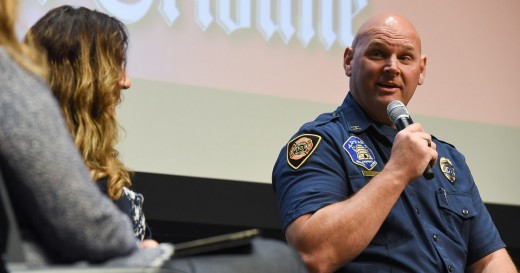
© 2018 Rhett Wilkinson




